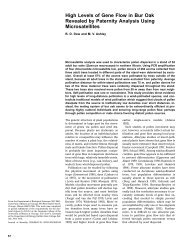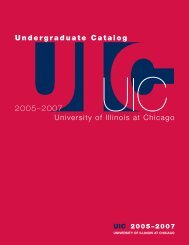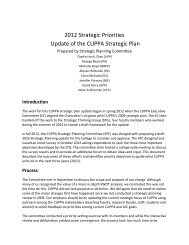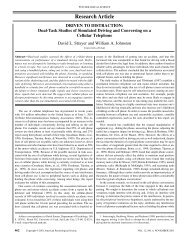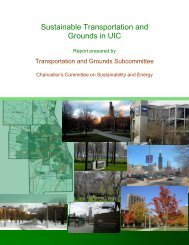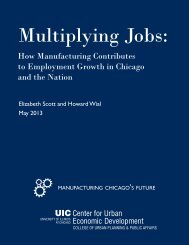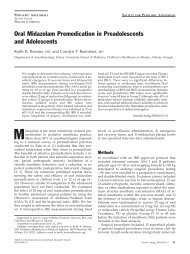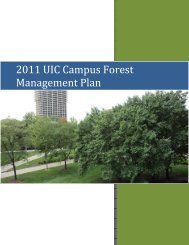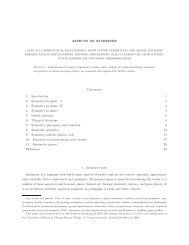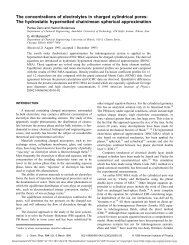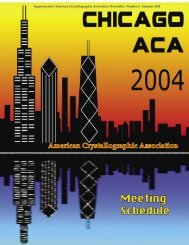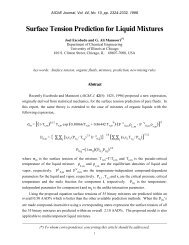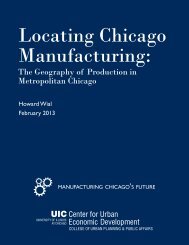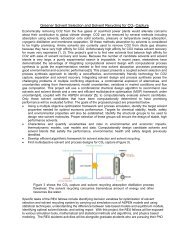Repeating Lenin by Slavoj Zizek
Repeating Lenin by Slavoj Zizek
Repeating Lenin by Slavoj Zizek
Create successful ePaper yourself
Turn your PDF publications into a flip-book with our unique Google optimized e-Paper software.
<strong>Repeating</strong> <strong>Lenin</strong> <strong>by</strong> <strong>Slavoj</strong> <strong>Zizek</strong><br />
9/20/11 2:53 PM<br />
out of the constraints of what appears “possible” (or, as we usually out it, “feasible”).<br />
The <strong>Lenin</strong>ist Utopia<br />
Which, then, is the criterion of the political act? Success as such clearly doesn’t count, even if<br />
we define it in the dialectical way of Merleau-Ponty, as the wager that future will retroactively<br />
redeem our present horrible acts (this is how, in his Humanism and Terror, Merleau-Ponty<br />
provided one of the more intelligent justifications of the Stalinist terror: retroactively, it will<br />
become justified if its final outcome will be true freedom)53; neither does the reference to some<br />
abstract-universal ethical norms. The only criteria is the absolutely INHERENT one: that of the<br />
ENACTED UTOPIA. In a proper revolutionary breakthrough, the utopian future is neither<br />
simply fully realized, present, nor simply evoked as a distant promise which justified present<br />
violence — it is rather as if, in a unique suspension of temporality, in the short-circuit between<br />
the present and the future, we are — as if <strong>by</strong> Grace — for a brief time allowed to act AS IF the<br />
utopian future is (not yet fully here, but) already at hand, just there to be grabbed. Revolution is<br />
not experienced as a present hardship we have to endure for the happiness and freedom of the<br />
future generations, but as the present hardship over which this future happiness and freedom<br />
already cast their shadow — in it, we ALREADY ARE FREE WHILE FIGHTING FOR<br />
FREEDOM, we ALREADY ARE HAPPY WHILE FIGHTING FOR HAPPINESS, no matter<br />
how difficult the circumstances. Revolution is not a Merleau-Pontyan wager, an act suspended<br />
in the futur anterieur, to be legitimized or delegitimized <strong>by</strong> the long term outcome of the<br />
present acts; it is as it were ITS OWN ONTOLOGICAL PROOF, an immediate index of its own<br />
truth.<br />
Let us recall the staged performance of “Storming the Winter Palace” in Petrograd, on the<br />
third anniversary of the October Revolution, on 7 November 1920. Tens of thousands of<br />
workers, soldiers, students and artists worked round the clock, living on kasha (the tasteless<br />
wheat porridge), tea and frozen apples, and preparing the performance at the very place where<br />
the event “really took place” three years earlier; their work was coordinated <strong>by</strong> the Army<br />
officers, as well as <strong>by</strong> the avant-garde artists, musicians and directors, from Malevich to<br />
Meyerhold. Although this was acting and not “reality,” the soldiers and sailors were playing<br />
themselves — many of them not only actually participated in the event of 1917, but were also<br />
simultaneously involved in the real battles of the Civil War that were raging in the near vicinity<br />
of Petrograd, a city under siege and suffering from severe shortages of food. A contemporary<br />
commented on the performance: “The future historian will record how, throughout one of the<br />
http://www.marxists.org/reference/subject/philosophy/works/ot/zizek1.htm<br />
Page 36 of 57



